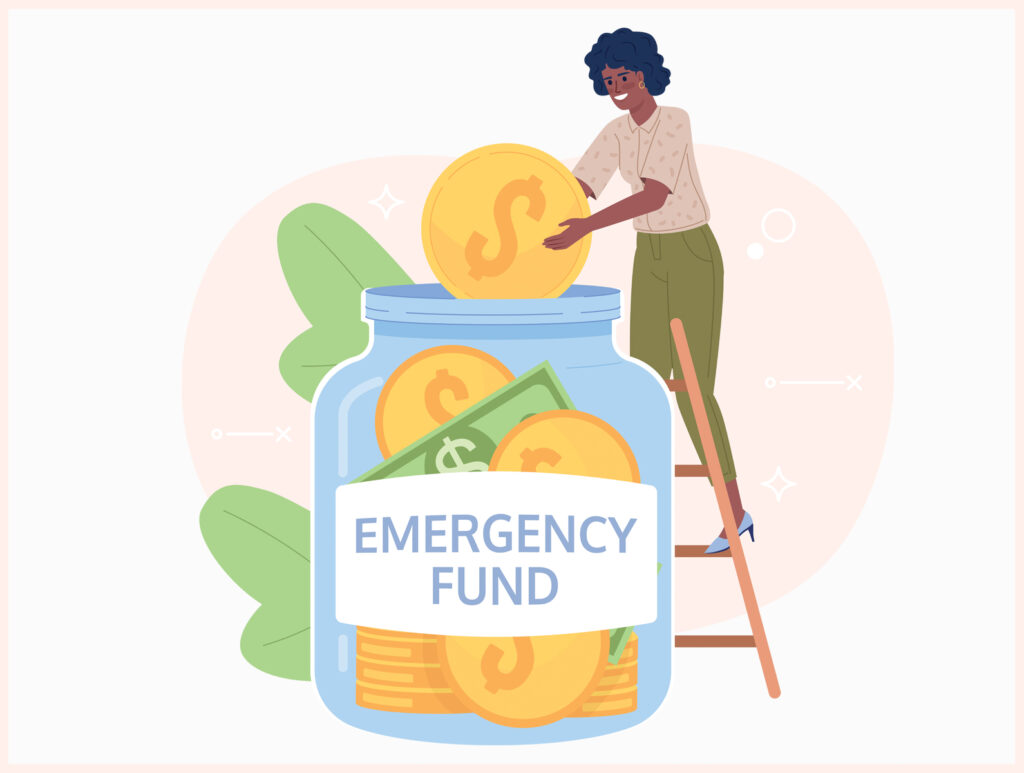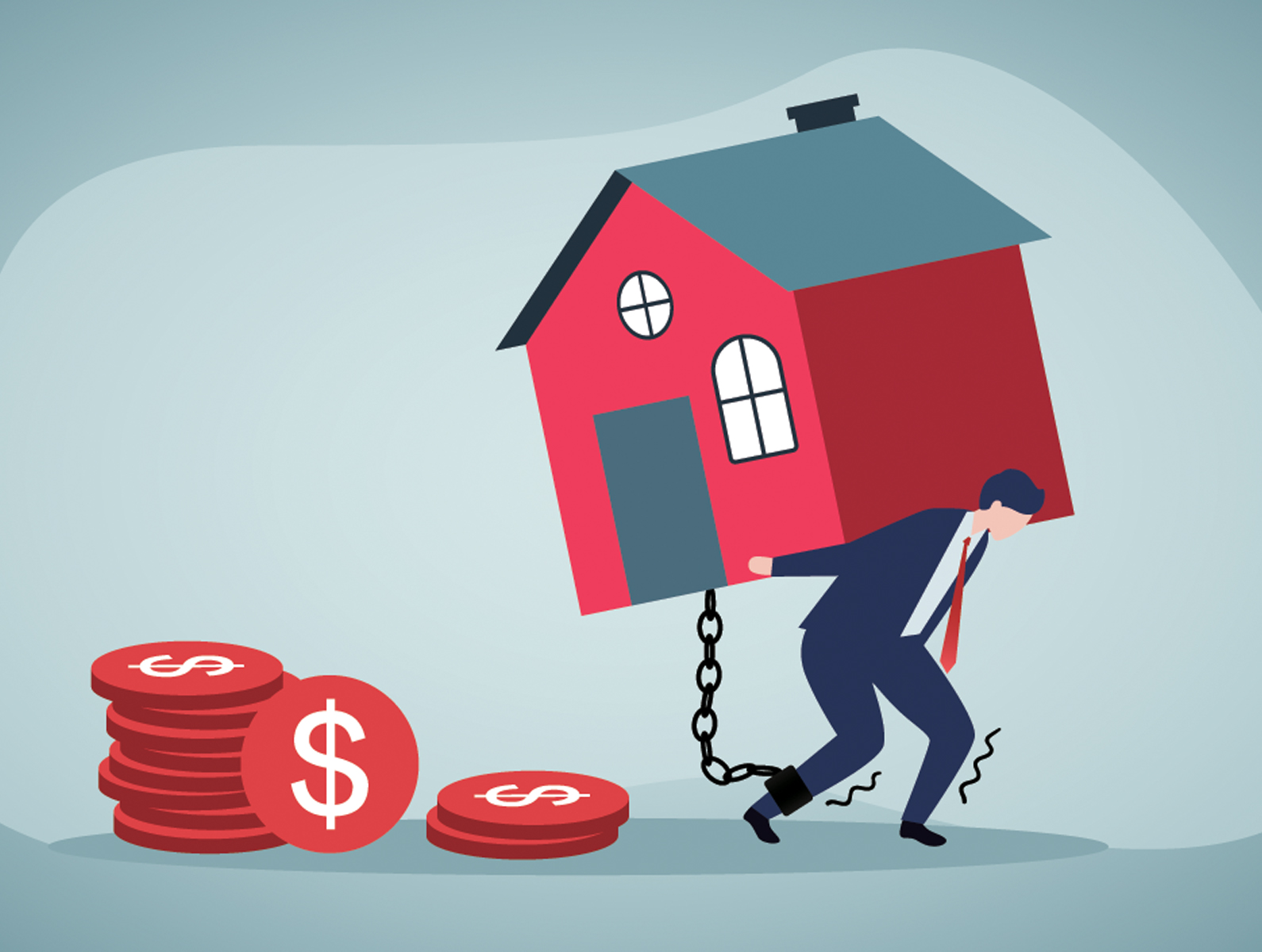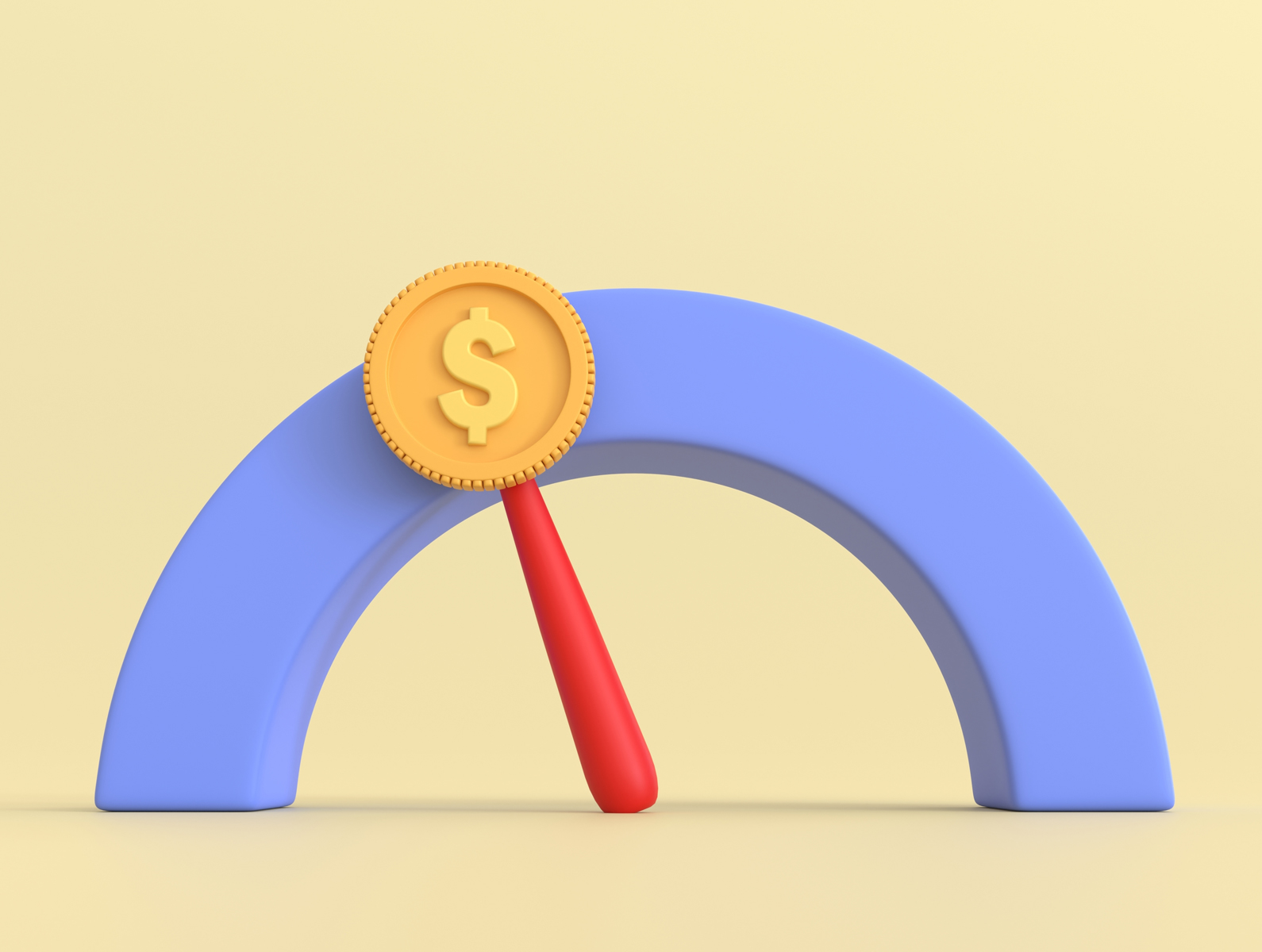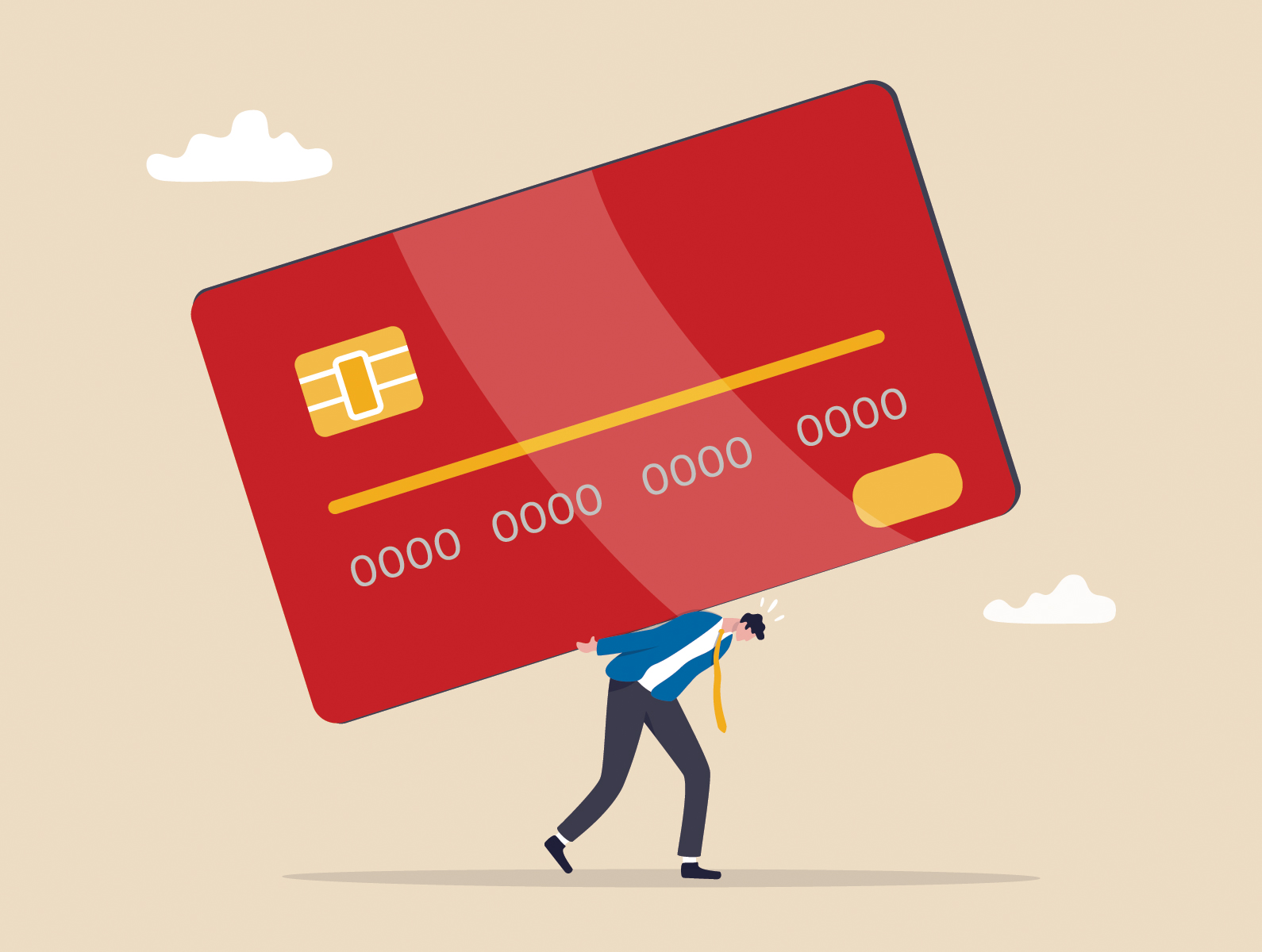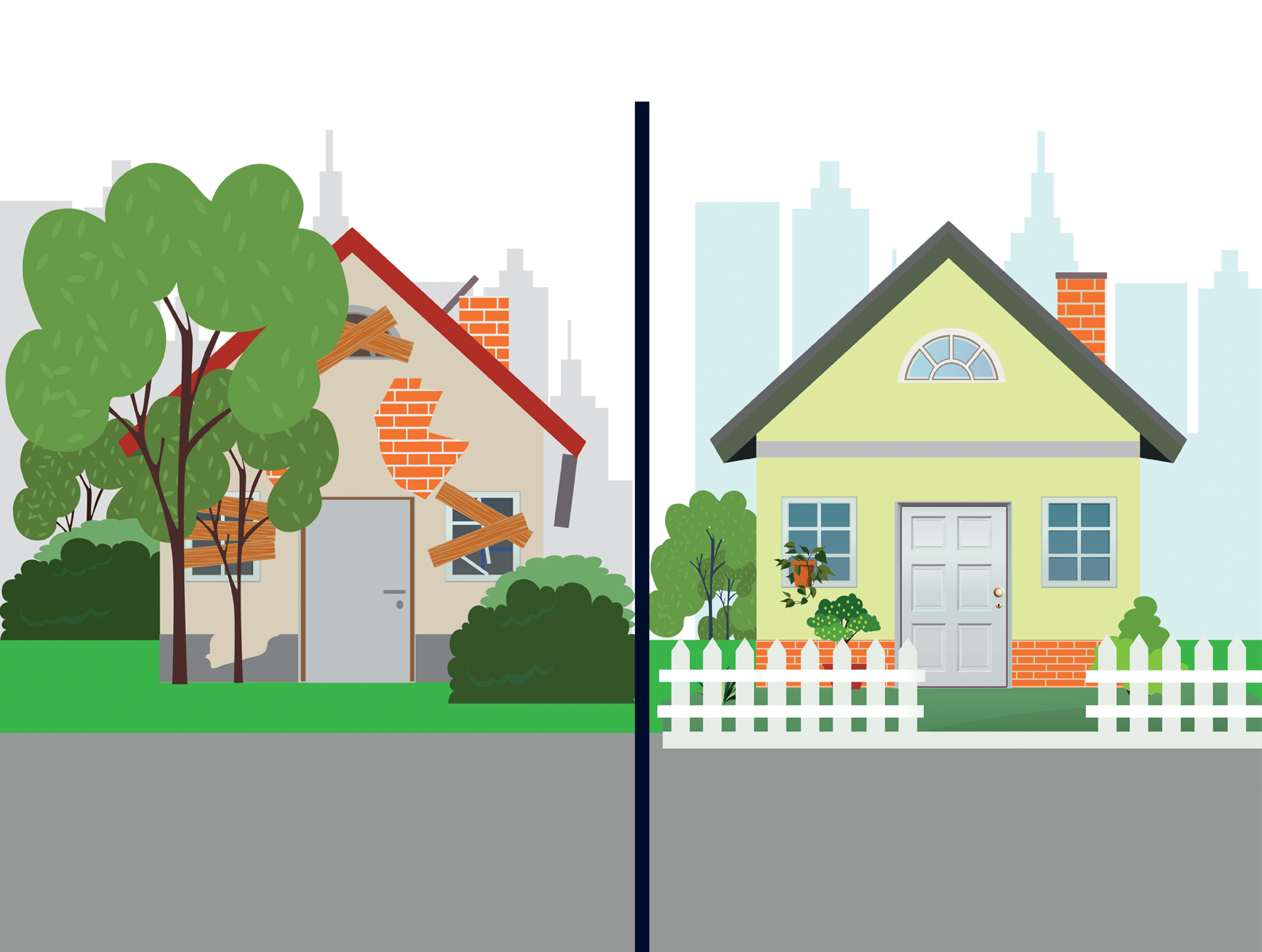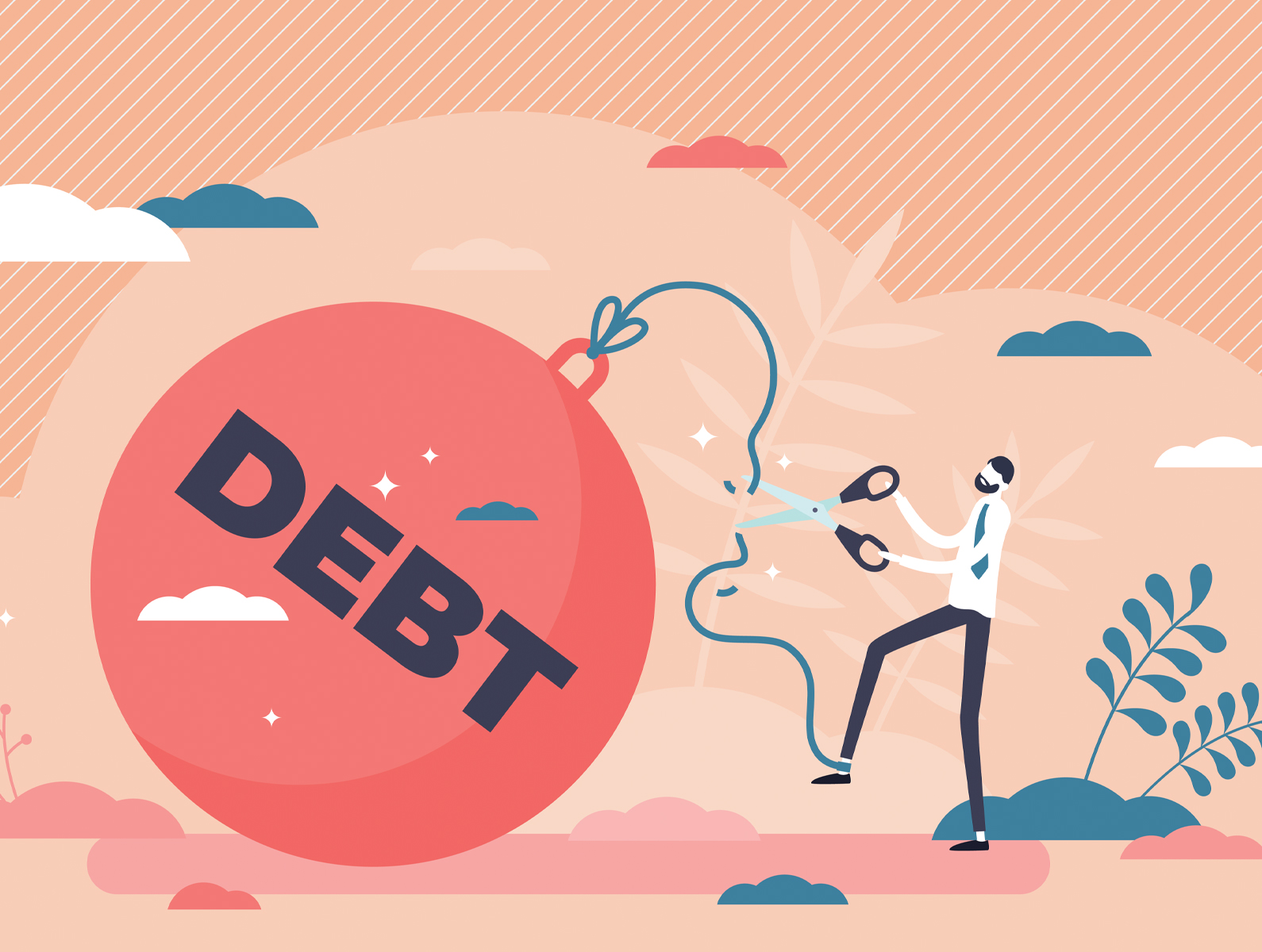Ask yourself, if something unexpected happens and your income suddenly drops, could you survive? Maybe you lose your job, or you have to take extended leave to care for a sick family member. Could you get by for a few months?
This is where having an emergency fund is so important. It gives you a financial safety net to allow you to weather events like these stay afloat without diving into debt.
Many Kiwis are unprepared for this. According to a survey, one in three New Zealanders don’t even have enough money saved to cover a $500 unexpected bill without going into debt. Another survey shows just 40% of people have at least $5,000 saved to cover emergency expenses.
Unfortunately, even $5,000 wouldn’t go a long way to cover the average household’s expenses. So that begs the question, how much should you really have tucked away?
Let’s break it down and help you figure out how much you should have saved and how to reach that goal.
What is an Emergency Fund?

An emergency fund is a stash of money set aside specifically for life’s “just in case” moments. Think car repairs, vet bills, or covering your expenses if you lose your job. It’s not for holidays, shopping sprees, or buying the latest gadgets — it’s your financial back-up plan.
We all know life doesn’t always go to plan. Having a fund set aside means you’re not scrambling for a loan, relying on credit cards, or borrowing from mates when things go wrong.
How Much is Enough?
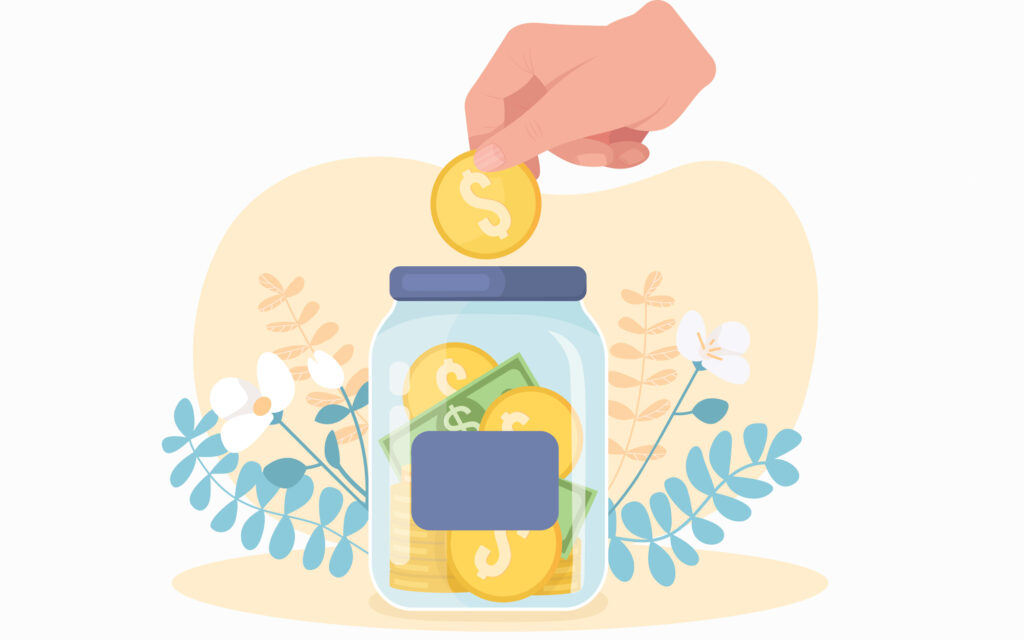
The “right” amount varies from person to person, but here’s a good rule of thumb:
1. Start Small: $500 to $1,000
This is a solid starting point. It’ll cover most small emergencies — like a flat tyre, minor dental work, or replacing a broken appliance. You don’t need to save this overnight. A little each week adds up faster than you think.
2. Build Towards 3 Months of Expenses
Once you’ve got your mini fund in place, aim for more. Ideally, you want enough to cover your essential expenses for 3 months. That includes:
- Rent or mortgage
- Food and groceries
- Utility bills
- Transport
- Insurance
- Loan repayments
This gives you breathing room if you lose your job or can’t work for a while.
3. Go for 6 Months if You Can
If your income isn’t stable, or you’re self-employed, it’s smart to aim for 6 months’ worth of expenses. It’s not easy, but it gives you a bigger safety net and more time to bounce back from tough times.
How to Work Out Your Magic Number
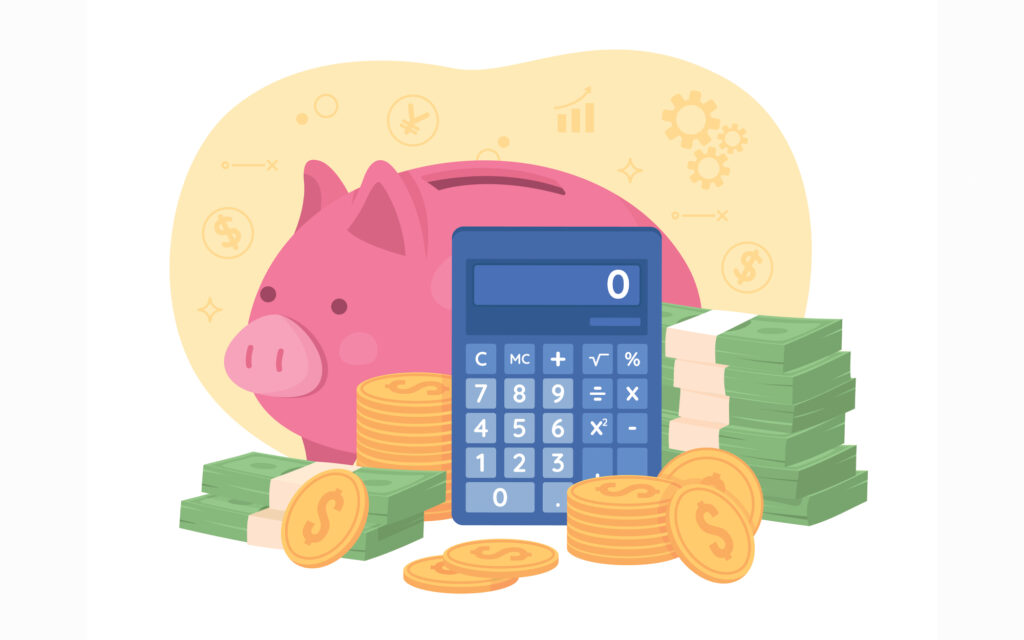
It’s time to do a bit of simple maths. Don’t worry — nothing too tricky! Follow this guide to figure out how much you should have saved in your emergency fund.
1. Write down your monthly essentials
Add up how much you spend on the basics each month.
2. Multiply by 3 (or 6)
This gives you your emergency fund goal. For example, if your monthly costs are $3,000, then your 3-month fund should be around $9,000.
3. Start saving bit by bit
Don’t feel pressured to hit that target straight away. It’s okay to build your fund gradually.
4. Where Should You Keep It?
Your emergency fund should be easy to access, but not so easy you’ll dip into it on a whim. The best option could be a separate savings account with instant access and no fees.
Avoid locking it into a term deposit where you can’t get to it quickly. And don’t mix it in with your everyday spending account — it’s too tempting.
How to Build Your Fund (Without the Stress)

We get it. Saving money when you’ve got bills to pay isn’t always easy. But it doesn’t need to be all or nothing. Try these simple tips:
1. Set a small weekly goal
Even $10 a week adds up to over $500 a year. Automate your savings so you don’t even have to think about it.
2. Cut back — just a little
Skip a couple of takeaways each month or cancel that unused subscription. Pop that cash into your fund instead.
3. Use your side hustle
Got a bit of extra income coming in? Put it straight into your emergency fund.
4. Round up your purchases
Some banking apps let you round up every transaction to the nearest dollar and stash the change. It’s a super easy way to build up savings without noticing.
What If You Don’t Have One Yet?
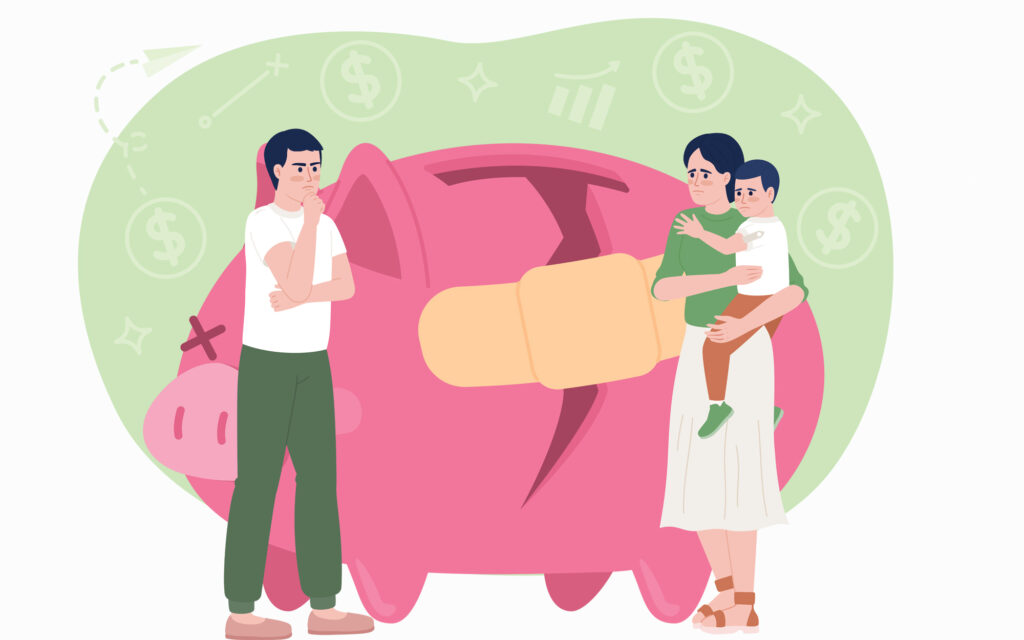
Don’t worry — you’re not alone. As we mentioned earlier, many Kiwis don’t have an emergency fund, but that doesn’t mean it’s too late. You can start today. Even saving a small amount regularly can make a huge difference when things go wrong.
If you do hit a rough patch and need help covering costs fast, that’s where we come in. Loansmart provides smart, fair, and fast lending options. We’ll help you find a solution that fits — without the hassle.
While we always encourage saving first, we know life doesn’t always wait. If you need a hand with urgent expenses, we’ve got your back.
We offer:
- Same-day loans*
- Emergency cash loans
- Fast approval (often within an hour or two)*
- No paperwork or fuss — 100% online
Our team’s here to help you choose the best loan option for your situation, with flexible repayment plans and fair rates from just 9.95%*.
We’re not just about fast loans. We’re about smarter solutions, honest advice, and helping Kiwis like you make confident money decisions.
Apply now!
*Subject to responsible lending checks and criteria.


